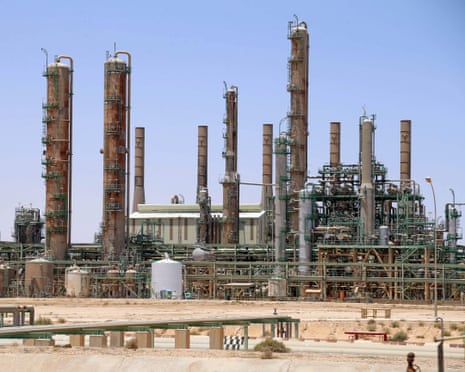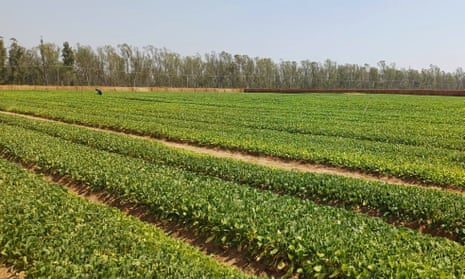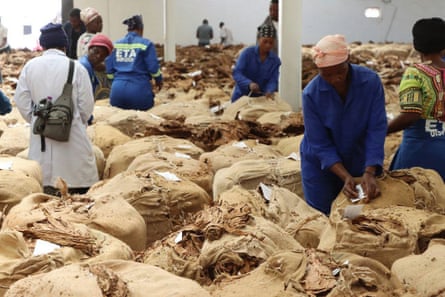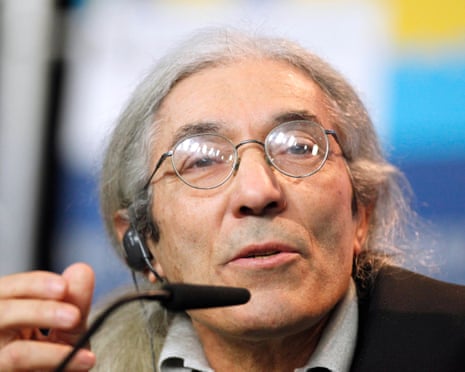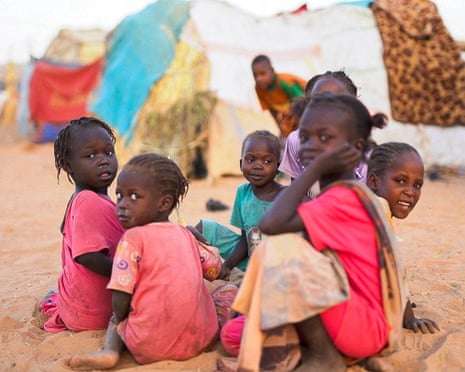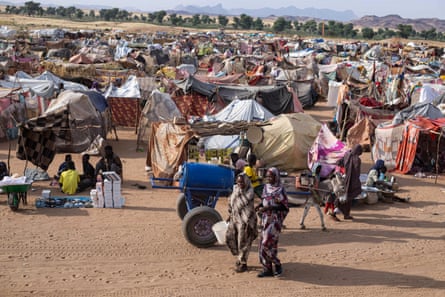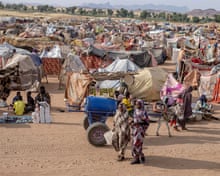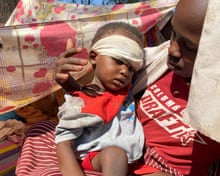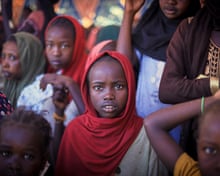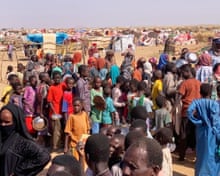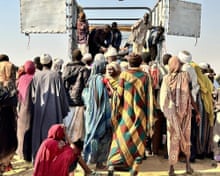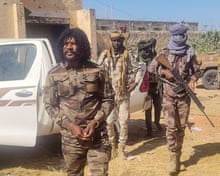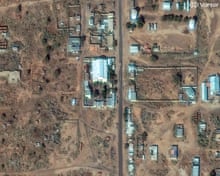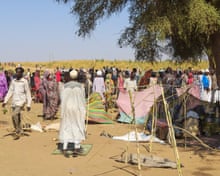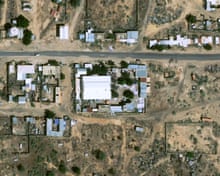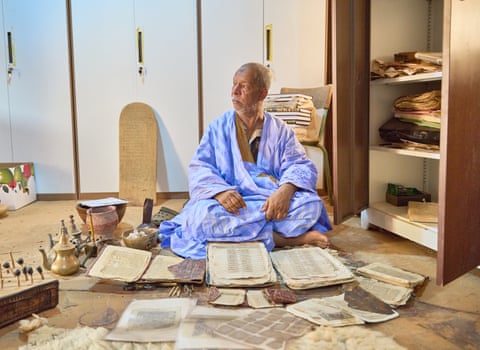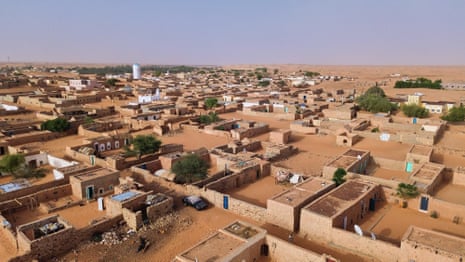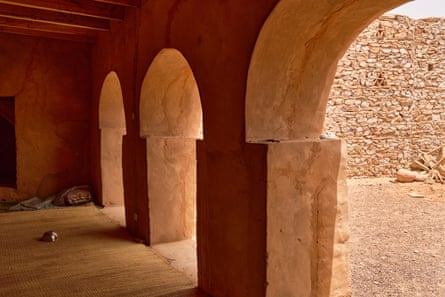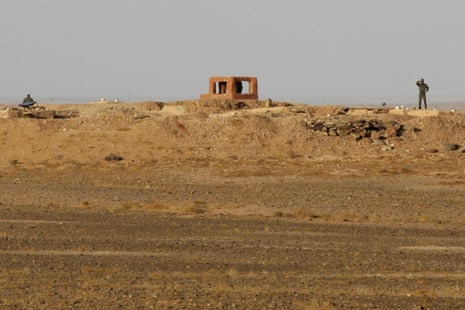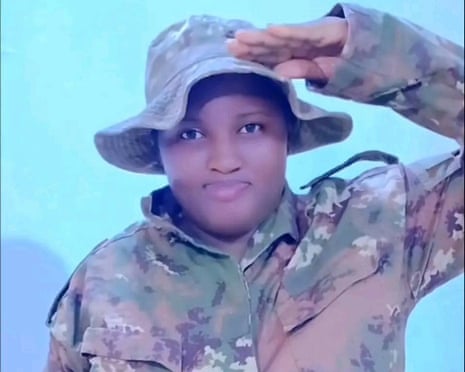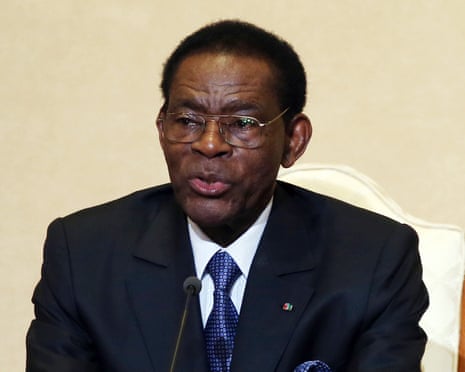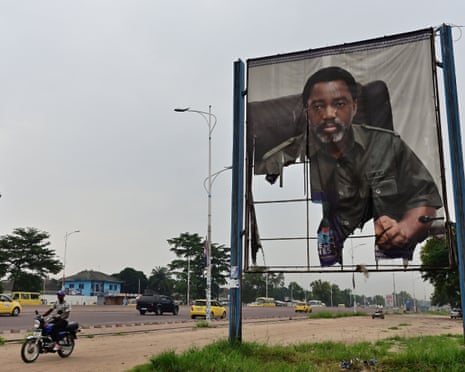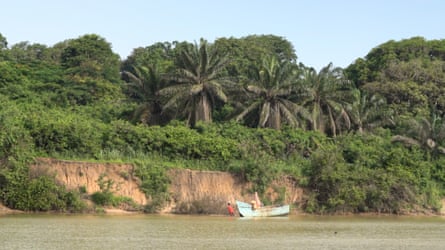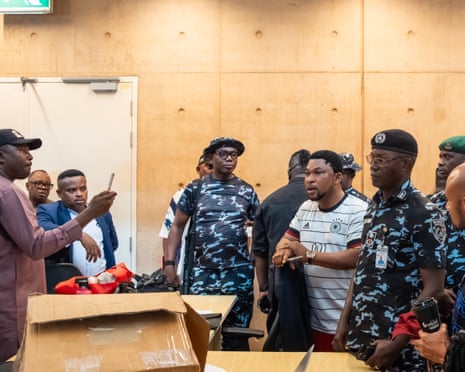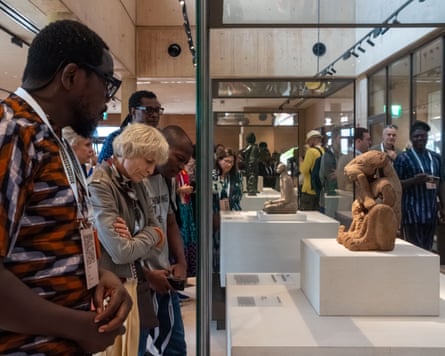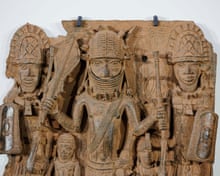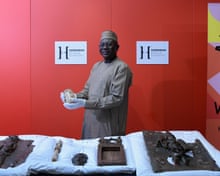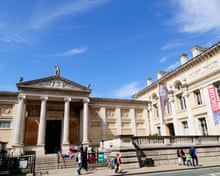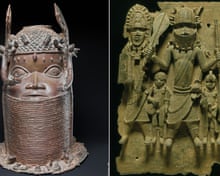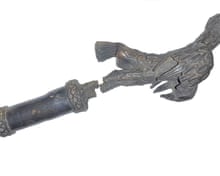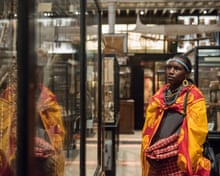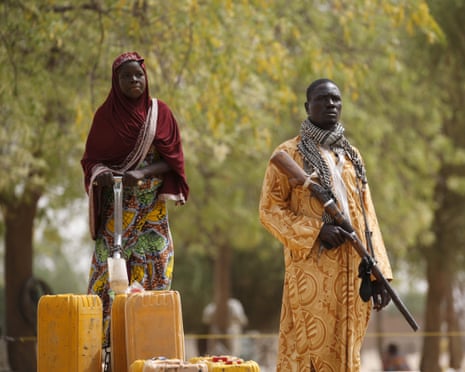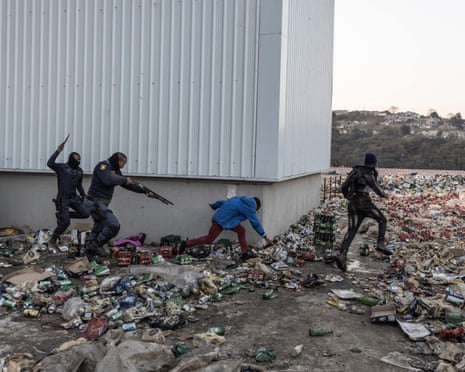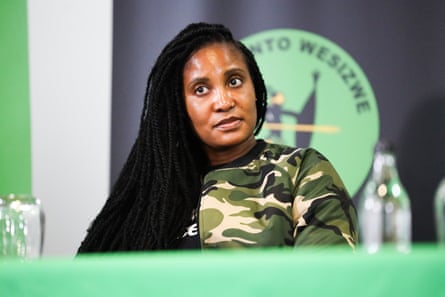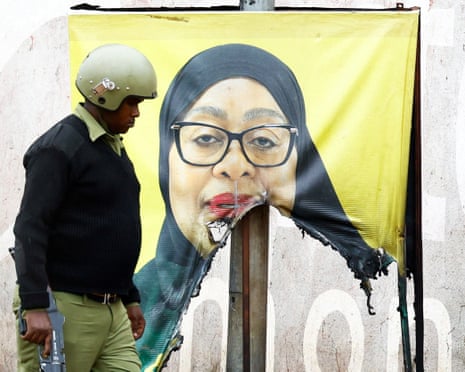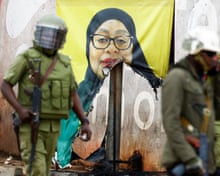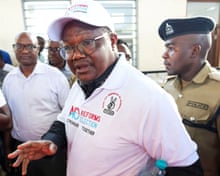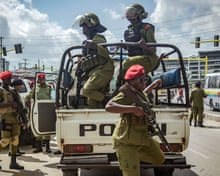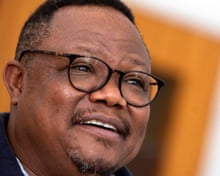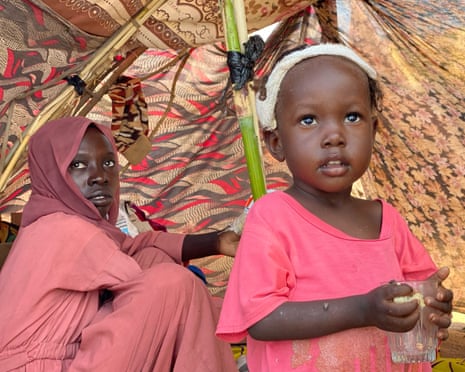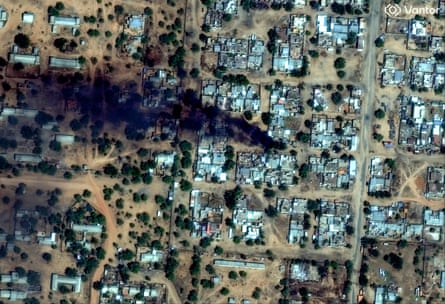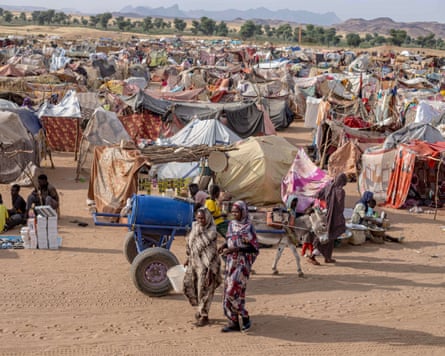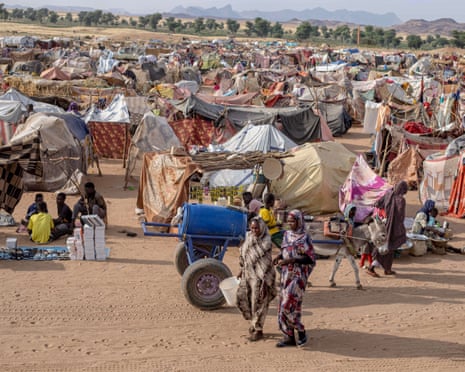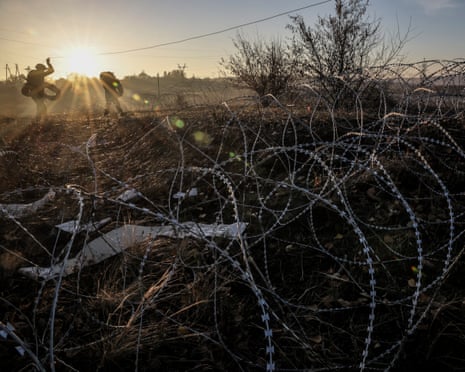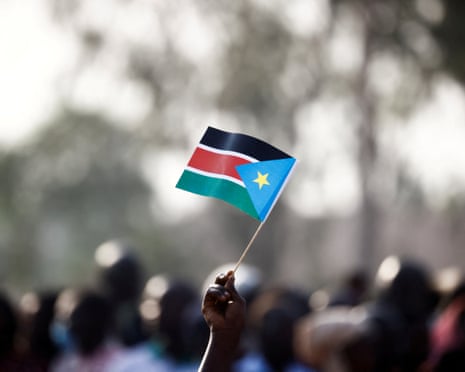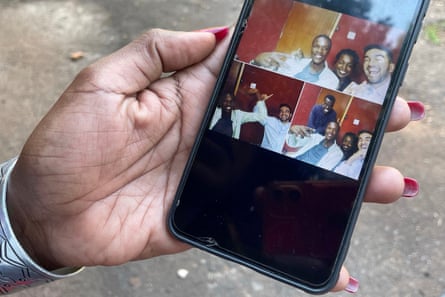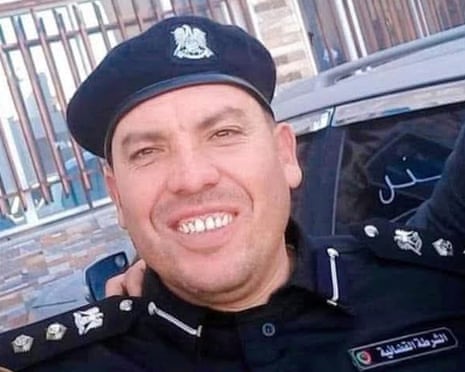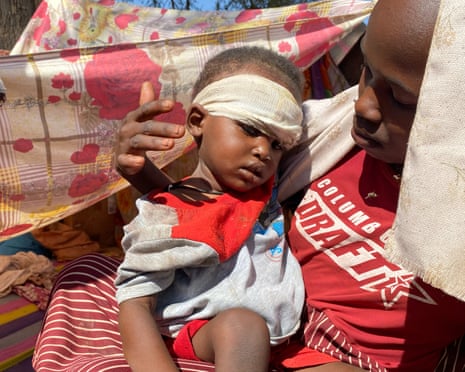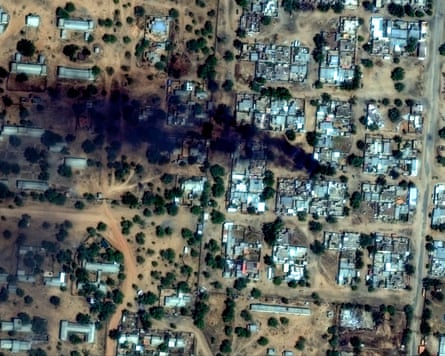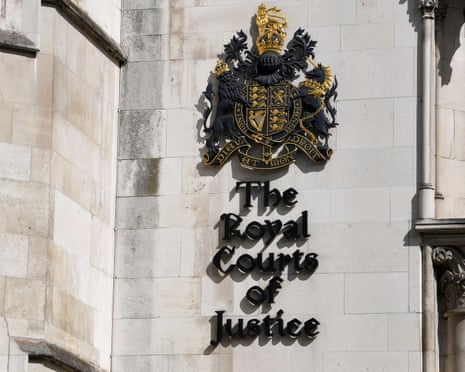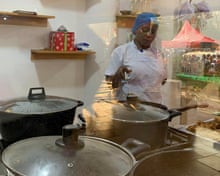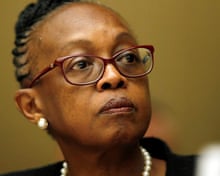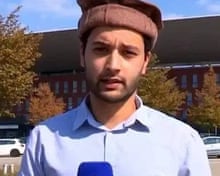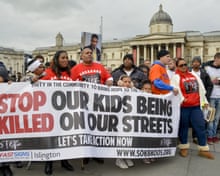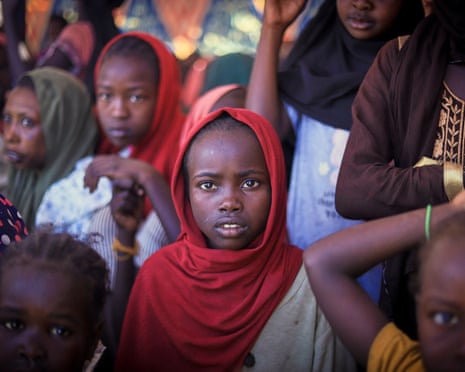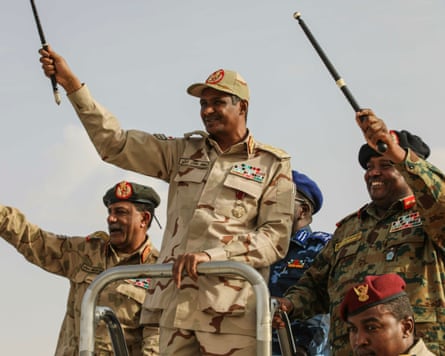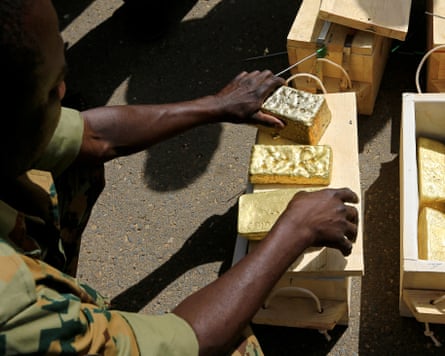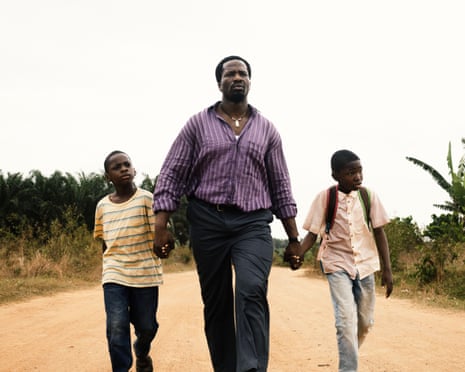The United Arab Emirates’ diplomatic machine is for the first time admitting to mistakes in its Sudan policy after suffering reputational damage over its support for the Rapid Support Forces, the Sudanese paramilitary group that has carried out mass killings in El Fasher since it captured the city late last month.
Speaking in Bahrain on Sunday, Anwar Gargash, the UAE’s senior diplomatic envoy, said the UAE and others had been wrong not to impose sanctions on the instigators of the 2021 coup – jointly led by the RSF and the army – that overthrew Sudan’s transitional civilian government.
“We all made a mistake when the two generals who are fighting the civil war today overthrew the civilian government,” Gargash said. “That was, looking back, a critical mistake. We should have put our foot down collectively. We did not call it a coup.”
It is a striking reversal. The UAE had actively undermined the idea of a strong civilian democratic government in Sudan in the aftermath of the popular uprising that led to the downfall of the 30-year, Islamist-aligned dictatorship of Omar al-Bashir in April 2019.
Throughout 2019, “in the interests of a stable transition”, the UAE and Saudi Arabia tried to enhance the role of the military and marginalise civilian rule, including by promoting the idea that the RSF commander, Mohamed Hamdan Dagalo, known as Hemedti, should be in charge of economic policy.
In a piece of bailout diplomacy, Saudi Arabia and the Emiratis quickly agreed a $3bn loan to the transitional military council that initially tried to succeed Bashir. In late 2019, when the civilian side of the government had the upper hand, further payouts from the loan were stopped.
Jonas Horner, of the European Council on Foreign Relations, recently wrote that the loss of the loan not only critically undermined the civilian government but also led directly to the coup in 2021, followed by the civil war that broke out between the army and the RSF in 2023.
“The fate of the transitional government would likely have been dramatically different had the Gulf backed them with the billions they had pledged to the military,” Horner wrote.
Finger of blame
Four years on from the coup, the Gargash admission is a sign that in public at least the UAE acknowledges that its Sudan policy has gone wrong and that it must distance itself from the RSF, the force it so nurtured.
That the Emiratis covertly armed the RSF is clear from evidence compiled by the UN, independent experts and reporters, even though the UAE denies it. In January, the Biden administration pointed the finger of blame when it imposed sanctions on Hemedti and seven UAE-based companies funding him.
Sudanese civilian groups warned for more than 18 months that the RSF would commit ethnically targeted mass killings if it took El Fasher, the capital of North Darfur. That placed a special obligation on the UAE, the country with the greatest ability to restrain Hemedti. Although the UAE has condemned the atrocities in El Fasher, it also put the blame for what happened on the army’s failure to compromise.
The UAE’s response to international criticism is to insist that it is being traduced and that it is the victim of a disinformation campaign fuelled by Islamists inside the Sudanese army and by leftwing NGOs long opposed to the Gulf state.
It insists it wants a transition back to a civilian-led Sudanese government, and says both the RSF and the army have disqualified themselves from shaping Sudan’s future.
Figures such as the UAE foreign affairs minister, Lana Nusseibeh, say the country is not the primary sponsor of the war but rather a neutral party seeking to mediate a return to the civilian, Islamist-free rule that started with the 2019 uprising and ended with the 2021 coup.
Yasmine Ahmed, the UK director of Human Rights Watch, said a minimum test of the UAE’s sincerity about breaking with the RSF would be pro-active cooperation with the UN expert panel policing the arms embargo on Sudan.
As Cameron Hudson, a former chief of staff to successive US special envoys on Sudan, puts it: “What we see is a complete and total denial by the UAE authorities they have any role or involvement whatsoever in this conflict. Until we can agree on a basic set of facts about what is happening and who is driving it, it is going to be very difficult to resolve.”
What happens next will also depend on whether the UAE thinks that the RSF – and its tainting brutality – are still indispensable to its two keys goals in Sudan: accessing resources and deterring the influence of Islamism, the belief that Islam is innately political and that it should influence political systems. The UAE in particular regards the Islamist Muslim Brotherhood as a threat to security in the region.
Natural resources
The UAE is just one of the Gulf states to have been drawn to Sudan’s natural resources for decades. Jaafar Nimeiri, Sudan’s president from 1969 to 1985, promised that in return for Gulf investment Sudan could become the breadbasket of the Arab world, as well as a source of a badly needed and sometimes highly educated workforce.
Kuwait, Qatar, Saudi Arabia and the UAE all responded, each arriving with different political agendas. Saudi Arabia and the UAE both made multibillion-dollar agricultural investments in Sudan to secure food for their populations, first under Nimieri and then through the authoritarian rule of Bashir, who seized power in 1989 and worked in alliance with Islamists.
The fact that Bashir came to be heavily sanctioned by the US proved little constraint as the Gulf states poured money into Sudan. “For these young, wealthy monarchies – which import upwards of 80% of all the food they consume – securing access to Sudan’s agriculture, livestock and mineral resources is a virtually existential concern,” said Horner, a visiting fellow at the European Council on Foreign Relations.
Sudan’s strategic location on the Red Sea made it highly attractive place for the UAE to build ports, and in December 2022 the state-owned Abu Dhabi Ports Group and Invictus Investment signed a $6bn deal to invest in the Abu Amama port, 125 miles north of Port Sudan. The contract has since been cancelled by Sudan’s de factor leader, Gen Abdel Fattah al-Burhan, but the UAE will be keen to revive the scheme under any successor.
Emirati banks hold stakes in Bank of Khartoum, the largest commercial bank in Sudan, whose digital platform facilitates money transfers for millions of displaced Sudanese and public institutions. However, it is Sudan’s gold reserves that are of particular importance, not just to the RSF and the army, which operate as businesses as much as fighting forces, but also to the UAE.
Gold represents about 49% of Sudan’s exports. In February, the state-owned Sudan Mineral Resources Company said gold production in army-controlled areas reached 74 tonnes in 2024, up from 41.8 tonnes in 2022. The Central Bank of Sudan reported that in 2024 almost 97% of official gold exports (from army-held areas) went to the UAE, earning $1.52bn.
Official exports are a drop in the ocean, however. An estimated 90% of Sudan’s gold production, amounting to approximately $13.4bn in illicit trade, is smuggled out of the country, often passing through transit routes in Chad, Egypt, Ethiopia, Uganda and South Sudan before reaching the UAE.
In a report last month for Chatham House, Ahmed Soliman and Dr Suliman Baldo wrote: “The UAE continues to benefit from Sudan’s conflict gold, as the enforcement of restrictions on artisanal gold imports from countries where there is war or where gold is controlled by armed groups remains limited.”
The UAE’s conduit is Hemedti, with whom they forged a special relationship when he agreed to send RSF troops to Yemen in support of Emirati and Saudi forces fighting the Houthis. He owns many of the mines in Darfur through his family firm Algunade.
Politics, as well as profit, also drive the Emirati interest. As with its parallel interventions in eastern Libya and south Yemen, the UAE wants to contest the Islamism with which Bashir was allied.
Collective pressure
Now that its support for the RSF seems so perilous reputationally, there is an onus on the UAE to contribute to a resolution of the crisis.
The US hopes the solution lies in Sudan’s two key external players, the UAE and Egypt, which backs the army and wants keep the conflict within Sudan’s border, finally agreeing they will collectively press their proxies into a ceasefire. The statement agreed by the US, Saudi, Egypt and UAE – four countries engaged in mediation efforts collectively known as the Quad – on 12 September was a breakthrough in that regard in that it set out a course for a three-month humanitarian truce, leading to a permanent ceasefire, and within nine months the establishment of an independent, civilian-led government with broad-based legitimacy and accountability.
It added: “Sudan’s future governance is for the Sudanese people to decide through an inclusive and transparent transition process, not controlled by any warring party.”
One other passage in the joint statement protected UAE interests: “Sudan’s future cannot be dictated by violent extremist groups part of, or evidently linked to, the Muslim Brotherhood, whose destabilising influence has fuelled violence and instability across the region.”
Talks on these proposals in Washington – so far excluding Sudanese civilians – have not yet borne fruit, suggesting it may yet require more senior US officials to engage before the protagonists of Sudan’s civil war and their supporters accept that further fighting offers only more misery.
